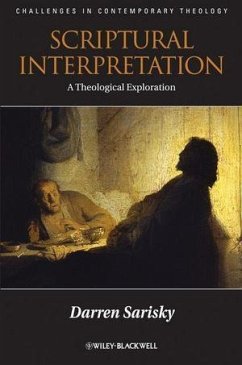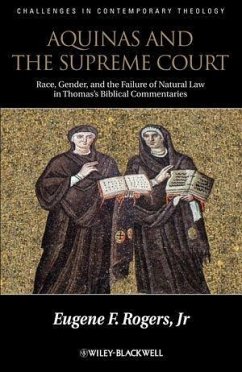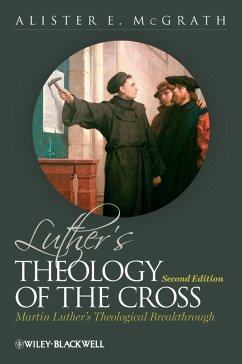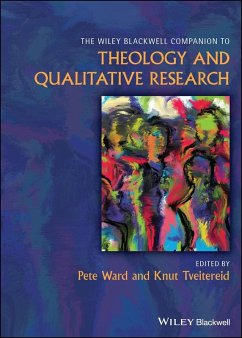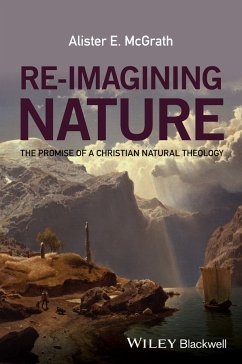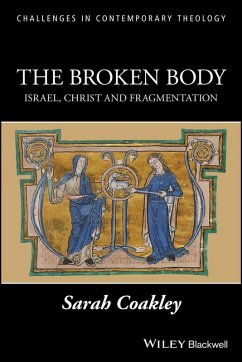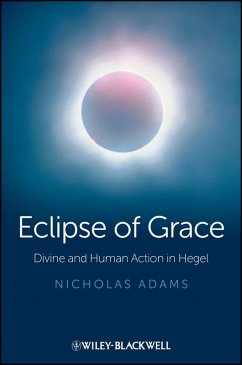
Emil Brunner (eBook, ePUB)
A Reappraisal
Versandkostenfrei!
Sofort per Download lieferbar
30,99 €
inkl. MwSt.
Weitere Ausgaben:

PAYBACK Punkte
0 °P sammeln!
In Emil Brunner: A Reappraisal, renowned theologian Alister E. McGrath presents a comprehensive intellectual history of Emil Brunner, the highly influential Swiss theologian who was instrumental in shaping modern Protestant theology. * Explores Brunner's theological development and offers a critical engagement of his theology * Examines the role that Brunner played in shaping the characteristics of dialectical theology * Reveals the complex and shifting personal and professional relationship between Brunner and Barth * Delves into the reasons for Brunner's contemporary neglect in theological s...
In Emil Brunner: A Reappraisal, renowned theologian Alister E. McGrath presents a comprehensive intellectual history of Emil Brunner, the highly influential Swiss theologian who was instrumental in shaping modern Protestant theology. * Explores Brunner's theological development and offers a critical engagement of his theology * Examines the role that Brunner played in shaping the characteristics of dialectical theology * Reveals the complex and shifting personal and professional relationship between Brunner and Barth * Delves into the reasons for Brunner's contemporary neglect in theological scholarship * Represents the only book-length study of Brunner's works and significance in the English language
Dieser Download kann aus rechtlichen Gründen nur mit Rechnungsadresse in D ausgeliefert werden.





